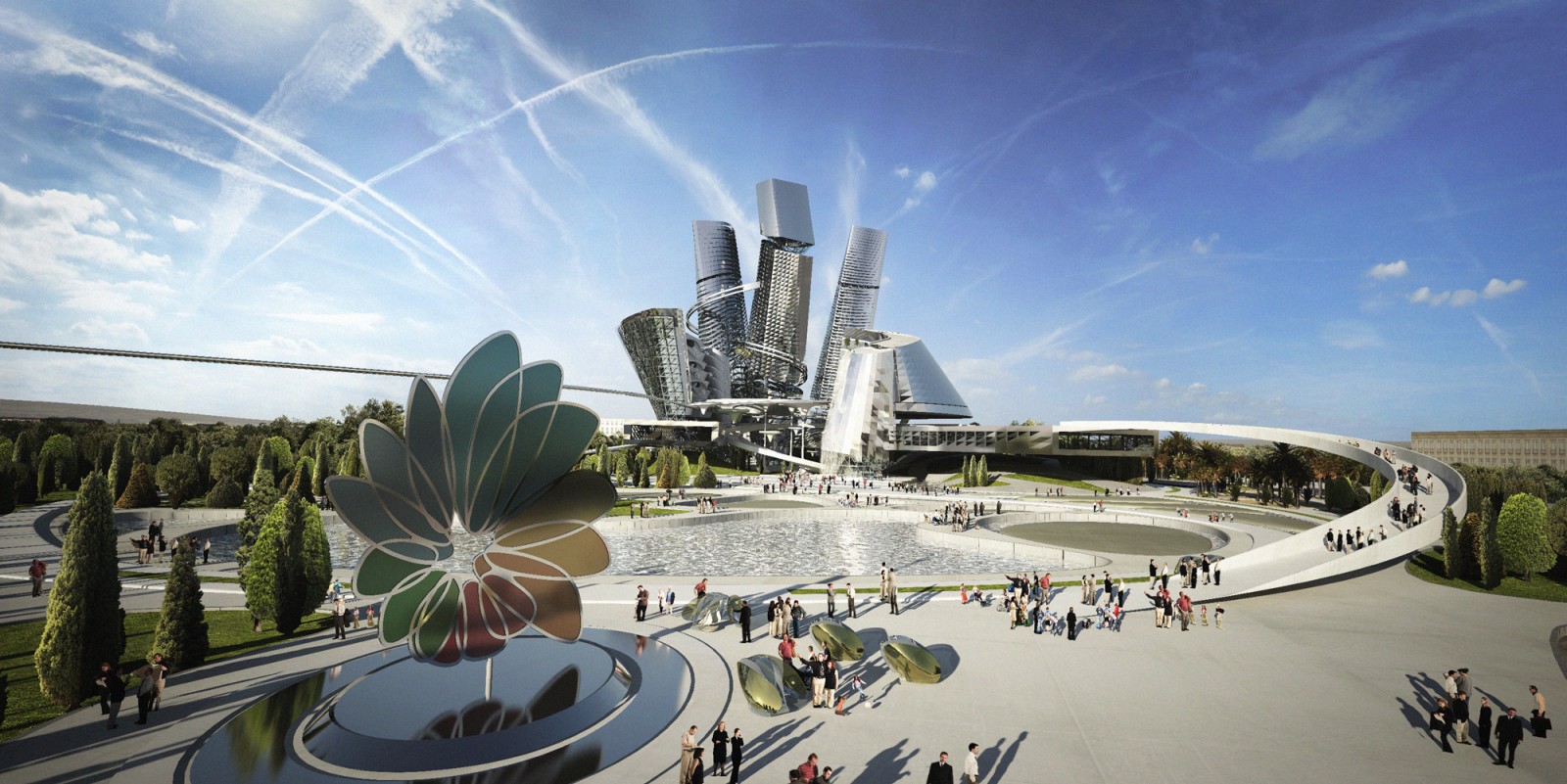The very idea of a World’s Fair seems antiquated. No one really has to travel anywhere to see the future when we hold supercomputers in our palms. And the idea of roping off tomorrow for us too gaze at from a safe distance is an anachronism. What’s next happens all around us all the time, and when every object becomes a computer, we’ll be deeply and permanently within the experiment, resting, if uneasily, inside the machine.
Somehow Kazakhstan didn’t get the memo. The former Soviet nation is currently hosting EXPO 2017, which cost billions to create, in what’s a bewilderingly remote location. Almost nobody has shown up to look at the “City of the Future,” for instance, because they already live there. While that’s truer in the West than in the developing world, such events are headed for obsolescence everywhere in an increasingly wired, connected world.
Beyond modern technological and cultural dynamics, blame has to fall on autocratic President Nursultan Nazarbayev, who foolishly hoped the huge outlay would burnish Kazakhstan’s world image. It’s an ill-considered vanity project hatched by a repressive regime. While China has been able to successfully stage similar events in the recent past, large-scale authoritarian dreams can fail spectacularly even if the people are essentially forced to purchase tickets.
James Palmer penned a smart article on the perplexing project for Foreign Policy, reporting that one resident told him the “government is running tramps through the turnstiles to keep the numbers up.” The opening:
ASTANA, Kazakhstan — I was the only visitor in Greece. As I walked through the tunnel of philosophers, eager young Kazakhs accosted me. “This is the Greek alphabet! It has 24 characters, and it was the original language of science. Here, please, come and take a photo by the sea.” They hustled me over to a Mediterranean backdrop. They outnumbered me five to one, I succumbed to relentless explanation.
It was a sunny afternoon on the second day of EXPO 2017, held on the outskirts of Astana, the capital of Kazakhstan. The Expo boasts of being “the Olympics of economy, business, and culture,” a global event where each participating country showcases its national achievements in its own “pavilion” and crowds come to see pieces of the wider world. But today — at the first Expo ever held in a post-Soviet state — there weren’t any crowds.
The Expo was being held on the outskirts of Astana, near one of the city’s many construction sites, in a purpose-built park. Dubbed a “future city” but looking more like a vast conference center, the organizers claimed the site was self-powered, fueled by a mix of wind and water. Each pavilion takes up anywhere from one room to several floors in a giant ring of new buildings built to encircle a great sphere of black glass at the center, the Kazakhstan pavilion. Viewed from the west, the dome loomed over neighboring apartment buildings. “There’s two big ways to piss off the Kazakhs,” a delegate commented, “Mention Borat, or call the dome the Death Star.”
The obvious lack of attendees, by contrast, didn’t require mentioning. Greece wasn’t the only deserted pavilion. Many were barren of anyone except staff. A few of the big names — China, Germany, the United States — had clusters of a couple of dozen visitors at a time, but outside most nations I snaked my way through empty rail guards. On the avenues outside, two out of every three people were wearing lanyards. I eavesdropped on a conversation between two European delegates: “We have to plan for the worst-case scenario — if there are no visitors to our event.”•
Tags: James Palmer

